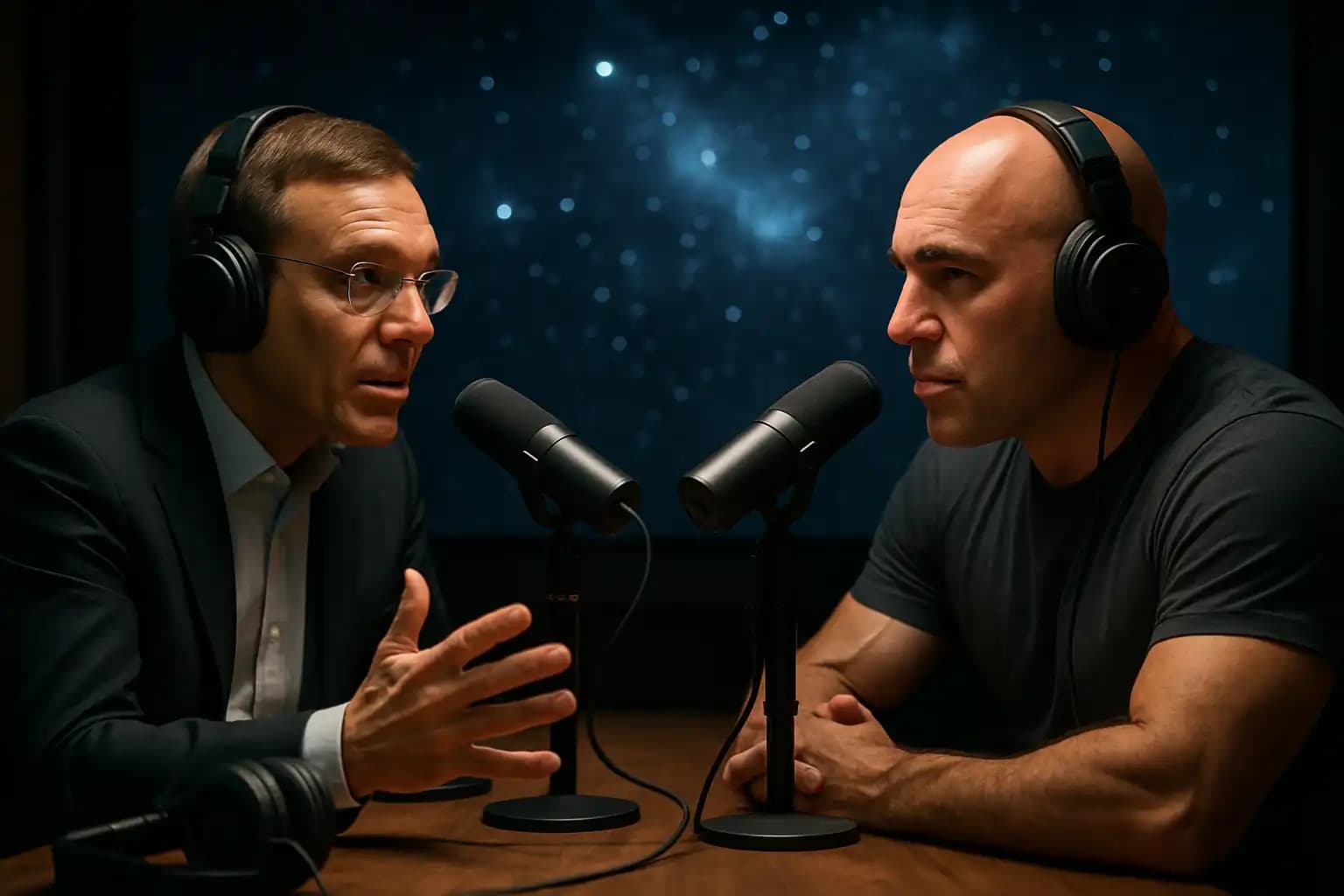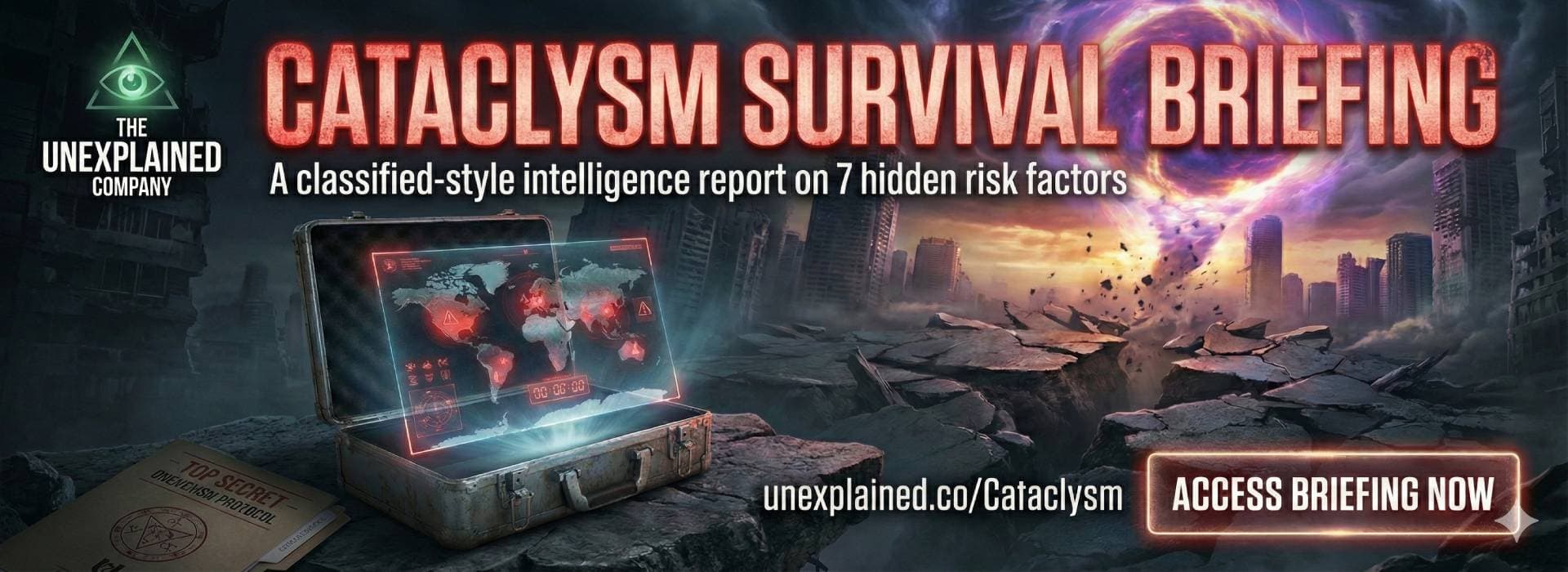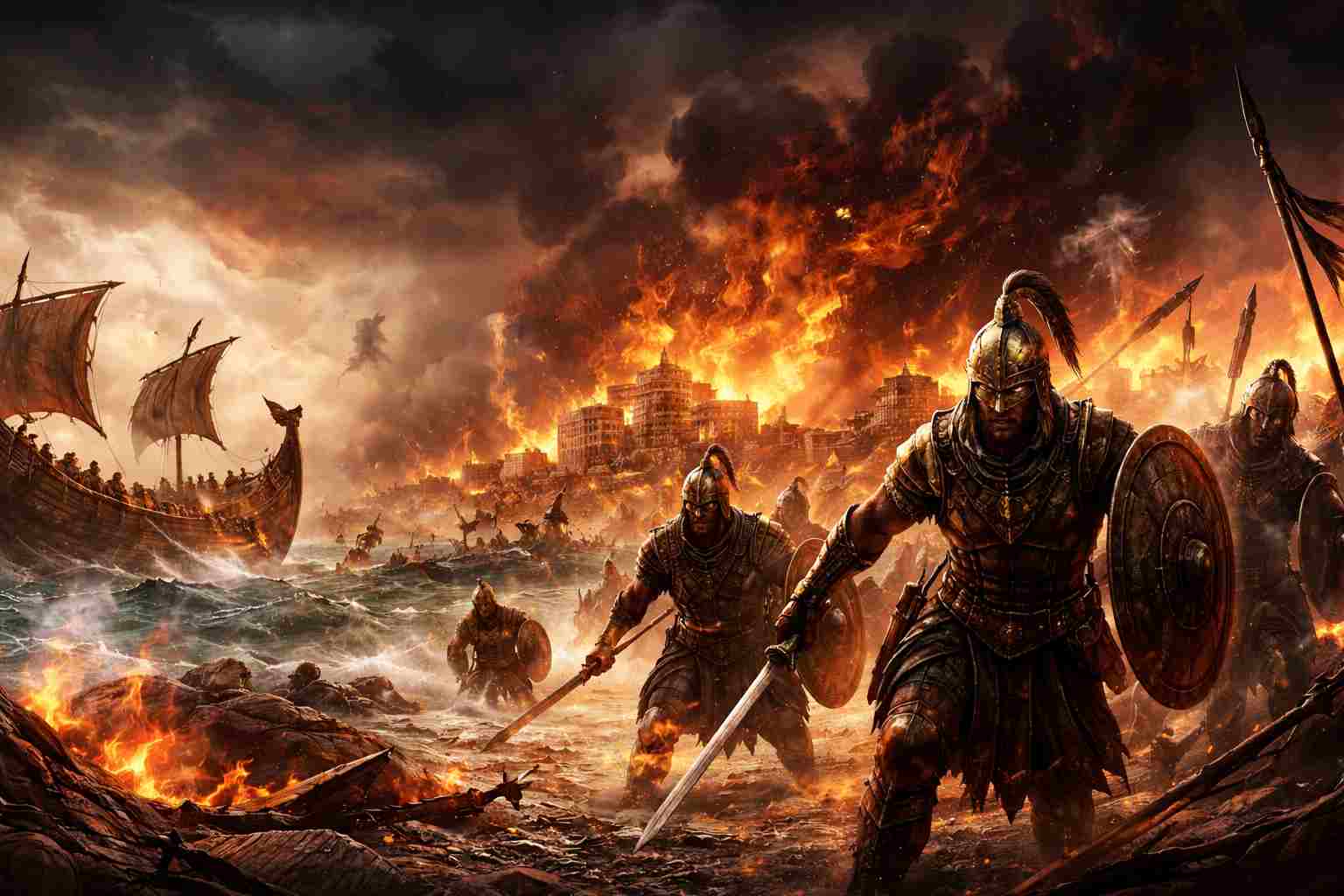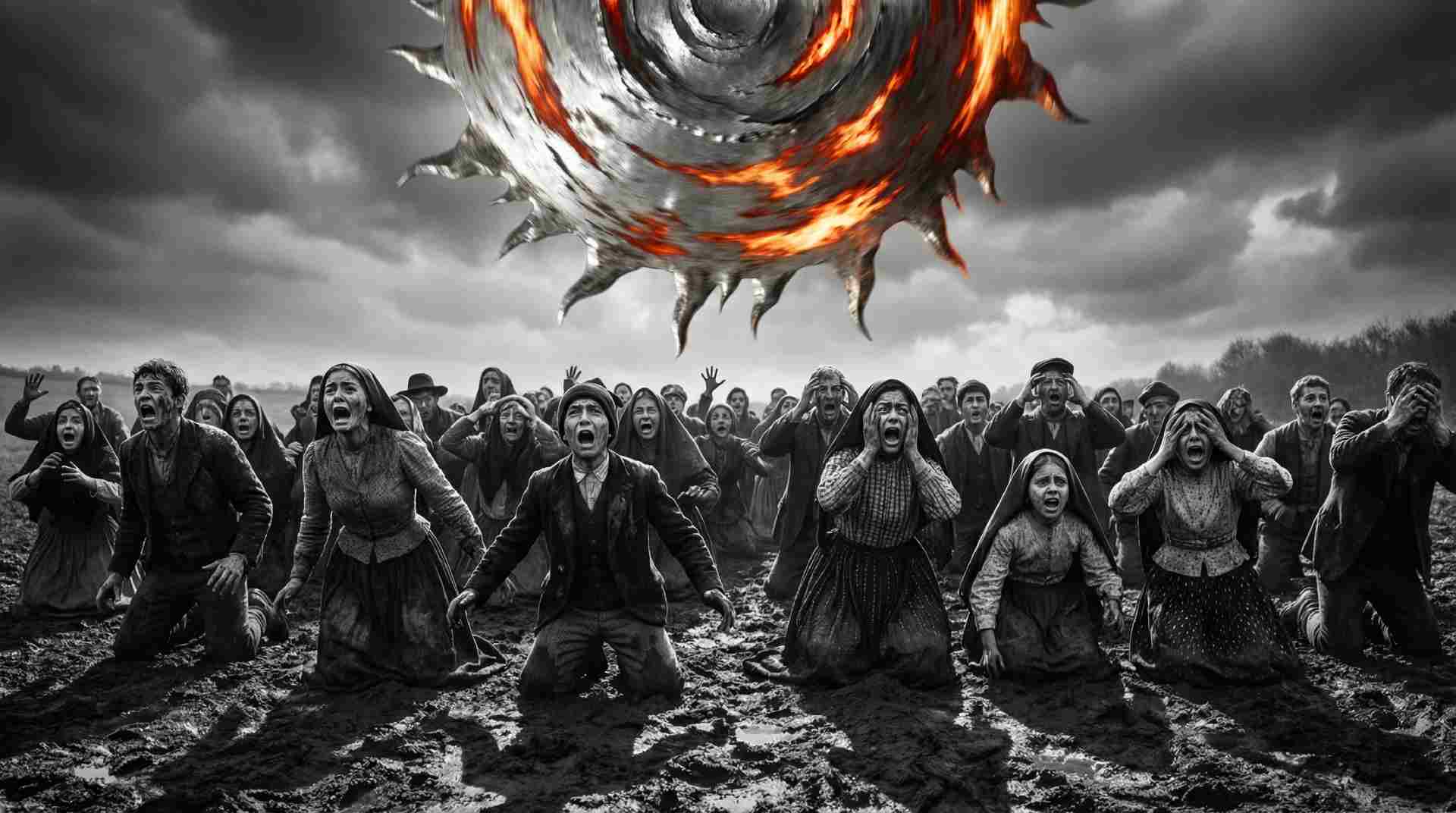When Harvard’s Avi Loeb appeared on episode #2401 of the Joe Rogan Experience, he sparked a significant dialogue between mainstream science and unconventional speculation. Loeb, a theoretical physicist and Frank B. Baird, Jr. Professor of Science at Harvard, is known for challenging orthodox views about extraterrestrial life. His latest book, Interstellar: The Search for Extraterrestrial Life and Our Future in the Stars, presents a bold thesis: humanity has likely been visited by alien technology, and we are destined to join interstellar civilizations (Harper Academic).
Oumuamua, Alien Technosignatures, and Scientific Backlash
Loeb gained international attention in 2017 when he proposed that Oumuamua, a fast-moving object in our solar system, might be artificial—an alien probe rather than a natural asteroid or comet. He pointed out that standard explanations didn’t adequately account for its shape, reflectivity, and acceleration, which he reiterated with Rogan. According to Scientific American, Oumuamua’s unusual brightness and elongated shape diverged significantly from known celestial objects. Loeb suggested it could be engineered, perhaps a discarded light sail. Critics dismissed his theory as reckless, but Loeb advocates for “data over dogma.” He emphasizes the need for a systematic search for technosignatures—concrete evidence of extraterrestrial technology—through rigorous, transparent science. The skepticism directed at Loeb mirrors the dismissal faced by early proponents of SETI and planetary defense and may still prove myopic, as indicated in analyses like this report on cometary anomalies.
Project Galileo: From UAPs to Oceanic Expeditions
Frustrated with fuzzy government videos and anecdotal UFO accounts, Loeb launched Project Galileo in 2021. The project’s mission is to collect and analyze high-quality, empirical data on unidentified aerial phenomena (UAPs) and potential interstellar artifacts. Unlike conventional government projects, Galileo operates independently, transparently, and crowdsourced—from sensors on Harvard rooftops to ocean expeditions. Recently, Loeb’s team undertook a bold expedition to recover tiny metallic spheres from the ocean floor, believed to be remnants of an interstellar meteor. Preliminary analyses reveal alloys not found in our solar system, stirring excitement and criticism, as the results await peer review (Galileo Project News).
Galileo’s strategy—prioritizing physical evidence, maintaining open-source data, and fostering skepticism around wild theories—has gained relevance amid the growing interest in UAPs and unexplained phenomena. The project’s ethos resonates with other paradigm-challenging initiatives, such as those focused on planetary defense in this investigative report, and encourages a cross-pollination of science and public dialogue surrounding high-stakes uncertainties.
“Interstellar”: Civilization’s Next Leap and the Survival Imperative
Much of Loeb’s new book, Interstellar, serves both as a rallying cry and a plan for humanity’s future in the cosmos (publisher synopsis). He believes humanity must accept its cosmic role, actively seeking life beyond the solar system. The book outlines a vision where interstellar travel becomes essential for survival, rather than a mere fantasy—a point he stressed to Rogan and his audience. Loeb asserts that science must evolve to be more transparent, less hierarchical, and bolder in exploring unknowns. Critics label it an audacious vision, but it resonates with discussions about rising existential threats and the need for radical scientific openness (see also coverage of preparedness cycles and cultural explorations of unexplained mysteries).
Avi Loeb’s Legacy: Maverick Research, Controversy, and the Search for Truth
Loeb’s unconventional ideas have spurred intense debates, rallying a new generation of scientists and the public to question: why not pursue rigorous research for life and technology beyond Earth? His impressive credentials include leading Harvard’s Black Hole Initiative, writing over eight books, and being a Fellow of prominent scientific academies (canonical profile). While critics challenge his interpretations of Oumuamua, meteor spherules, and Galileo data—claiming “insufficient evidence” and “overstated conclusions”—they also recognize his courage and the importance of transparent, empirical research (Galileo updates).
Ultimately, Loeb argues that ignoring surprising data poses a greater risk than feeding sensational headlines. For ongoing discussions at the crossroads of science, culture, and the unknown, websites like Unexplained.co illustrate how paradigm shifts often begin with challenging ideas—and sometimes thrive through popular platforms like the Joe Rogan Experience.





